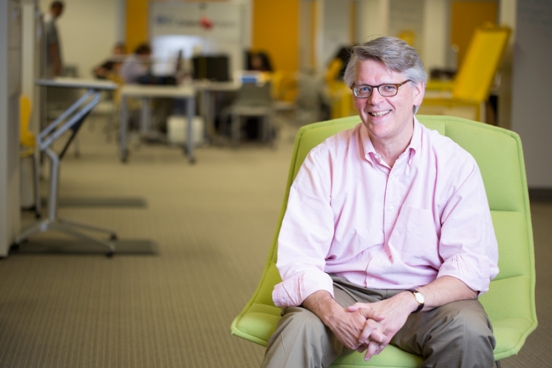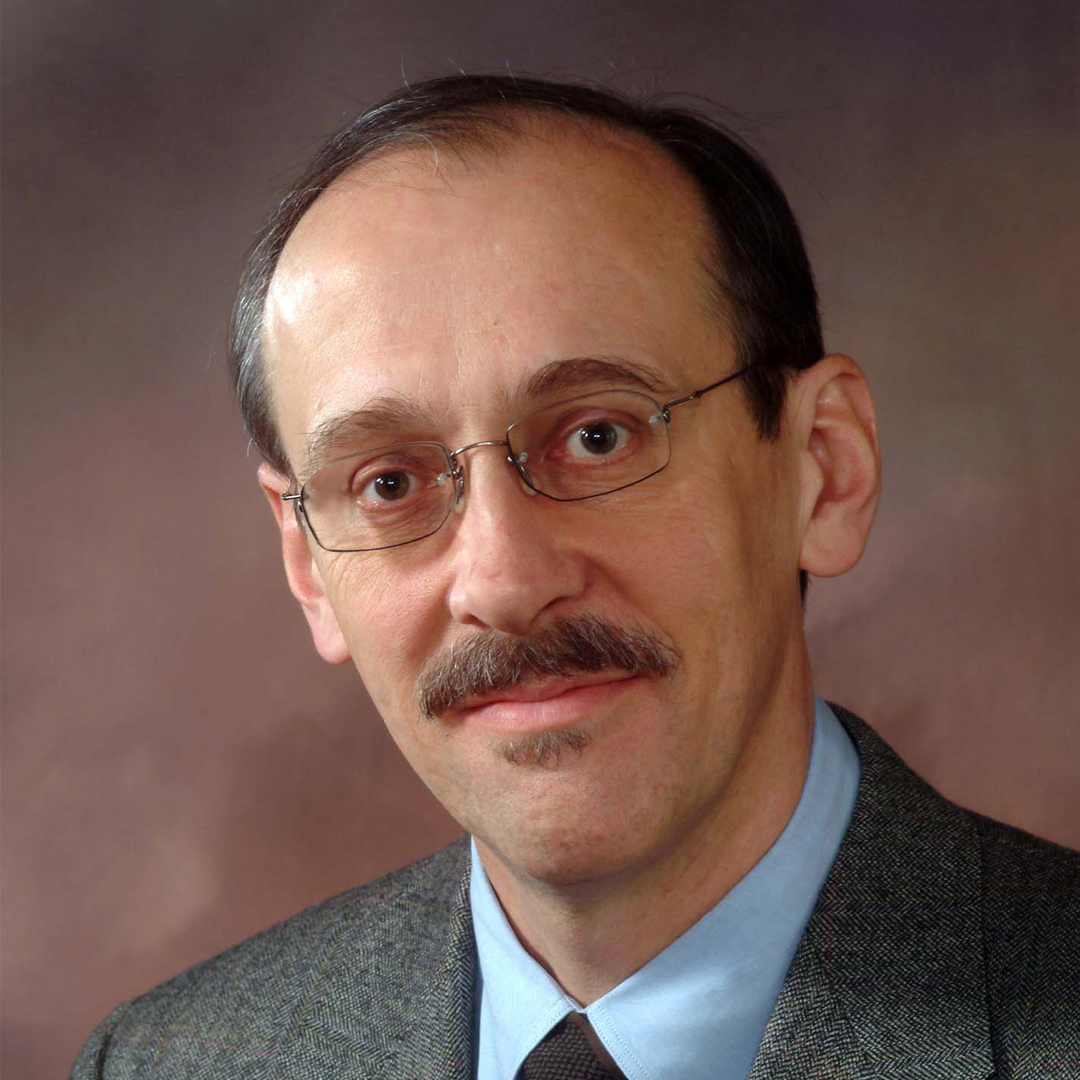Are you an innovator who aspires to launch and lead technology ventures?
Join us for a virtual event with program faculty and Admissions staff to learn more about Harvard's
MS/MBA: Engineering Sciences program.
Prospective students must have an undergraduate degree in engineering, computer science, or a related technical field; and have at least two years of full-time work experience, ideally in product development roles, before starting the program.
 Thomas R. Eisenmann
Thomas R. Eisenmann is the Howard H. Stevenson Professor of Business Administration at the Harvard Business School, Peter O. Crisp Chair, Harvard Innovation Labs, and Faculty Co-Chair of the HBS Rock Center for Entrepreneurship, the Harvard MS/MBA Program, and the Harvard College Technology Fellows Program. Eisenmann, author of the book Why Startups Fail, teaches the MS/MBA core courses Technology Venture Immersion and Designing Technology Ventures. In recent years, he has served as Chair of Harvard's MBA Elective Curriculum—the 2nd year of the MBA Program—and as course head of The Entrepreneurial Manager, taught to all 900 1st-year MBAs. With colleagues, he launched the MBA electives Making Markets, which focuses on marketplace design, Scaling Technology Ventures, Entrepreneurial Sales & Marketing, and Product Management 101, in which students specify and supervise development of a software application. Eisenmann also created the January Term Startup Bootcamp for first-year MBAs and the MBA electives Entrepreneurial Failure, Launching Technology Ventures and Managing Networked Business, which surveyed strategies for platform-based businesses that leverage network effects. He twice co-led a Harvard Innovation Lab course, Cultural Entrepreneurship in New York City, in which students from across Harvard spent a winter break week in New York exploring new ventures in fashion, food, and fine arts, and co-led four similar winter break trips to study entrepreneurship in Silicon Valley.
 Robert D. Howe
Robert D. Howe is Abbott and James Lawrence Professor of Engineering and Area Dean for Bioengineering in the Harvard Paulson School of Engineering and Applied Sciences. Dr. Howe founded the Harvard BioRobotics Laboratory in 1990, which investigates the roles of sensing and mechanical design in motor control, in both humans and robots. His research interests center on manipulation, the sense of touch, and human-machine interfaces. A major focus is the development of image-guided and robotic surgical applications. Dr. Howe earned a bachelors degree in physics from Reed College, then worked as a design engineer in the electronics industry in Silicon Valley. He received a doctoral degree in mechanical engineering from Stanford University in 1990, and then joined the faculty at Harvard. Among his honors are election as a Fellow of the IEEE and AIMBE, and best paper awards at mechanical engineering, robotics, and surgery conferences.
Registration is no longer available because the registration deadline has passed.